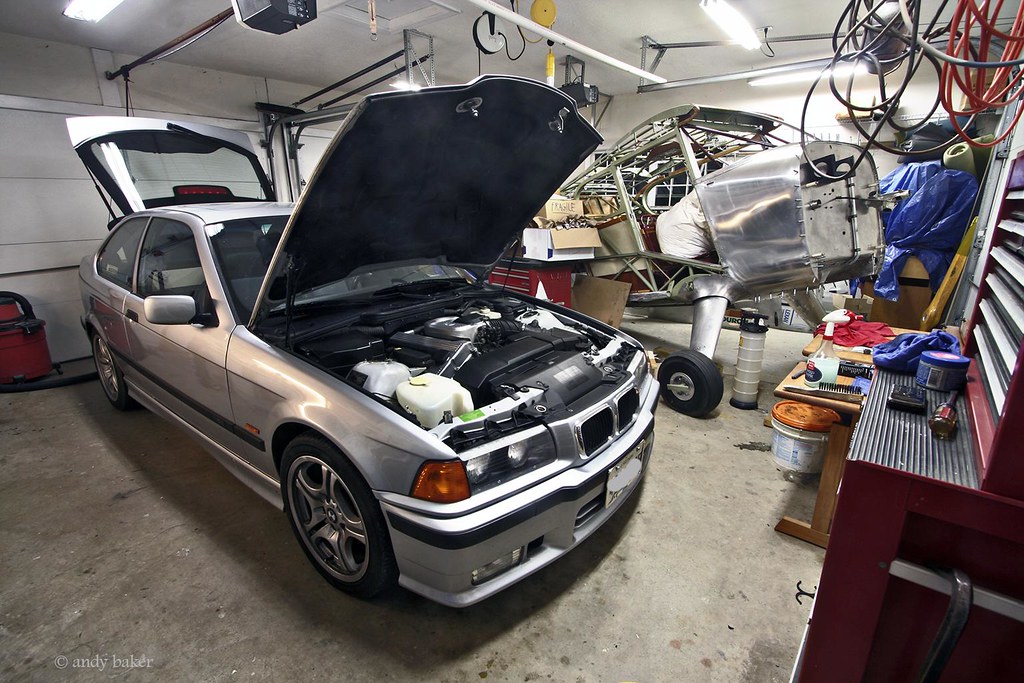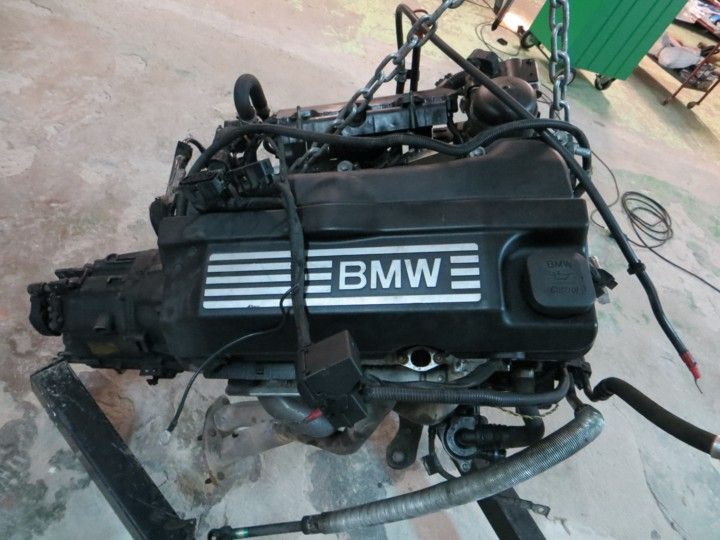Preserving Your BMW 318ti: Essential Tips for Long Life
Preserving Your BMW 318ti: Essential Tips for Long Life
Blog Article
Key Features to Look for When Acquiring an Engine for Automotive Applications
When thinking about the purchase of an engine for automotive applications, a number of essential features necessitate careful analysis to guarantee optimal performance and functionality. From power and performance capacities to fuel adherence, durability, and efficiency to discharges criteria, each facet plays a vital role in determining the engine's viability for certain vehicle requirements. Cost-effectiveness stays an essential aspect in the decision-making process, stabilizing high quality with economic considerations. These features collectively contribute to the total performance and dependability of the engine, affecting the driving experience and lasting fulfillment of the individual.
Power and Efficiency
When selecting a vehicle engine, customers prioritize power and efficiency to guarantee ideal driving experience and performance. A well-performing engine not only supplies power effectively however likewise runs efficiently across different speed arrays and driving problems.
In addition, elements such as engine turbocharging, crossbreed, and displacement innovations play considerable roles in boosting both power and performance levels. Inevitably, picking an engine that supplies a powerful combination of power and performance ensures a rewarding and effective driving experience.
Gas Effectiveness
Enhancing fuel efficiency is a paramount factor to consider for customers when assessing automobile engine choices. Modern engines with functions like straight gas injection, turbocharging, and variable shutoff timing can substantially improve fuel performance by boosting burning procedures and reducing power loss.

Resilience and Dependability
Accomplishing lasting performance and reliable operation is necessary for customers assessing the resilience and integrity of vehicle engines. When thinking about an engine for auto applications, durability describes the engine's capacity to hold up against wear, anxiety, and extreme operating problems over a prolonged period. Reliability, on the various other hand, indicates that the engine can consistently perform its desired feature without unexpected breakdowns or failings.
Customers should try to find engines created with top notch materials and accurate design to ensure long life. Components such as bearings, pistons, and crankshafts should be resilient to deal with the engine's power outcome without premature wear. Additionally, engines geared up with advanced air conditioning systems, effective lubrication, and durable purification systems tend to exhibit higher levels of reliability.
Normal upkeep and adherence to producer suggestions are likewise critical elements in protecting an engine's durability and integrity. By following upkeep schedules, utilizing recommended fluids, and dealing with any type of issues without delay, customers can optimize the lifespan and performance of their automotive engines. Eventually, prioritizing sturdiness and dependability in engine choice can bring about an extra rewarding possession experience with fewer unexpected disturbances.
Discharges Compliance
Making sure conformity with exhausts guidelines is an essential facet of reviewing auto engines for ecologically conscious consumers. With raising issues concerning air quality and environmental effect, rigorous discharges criteria have been implemented around the world to lower damaging pollutants released into the atmosphere. When acquiring an engine for auto applications, it is vital to consider its exhausts conformity to minimize the carbon footprint and stick to legal needs.
Modern engines are outfitted with sophisticated emission control innovations such as catalytic converters, exhaust gas recirculation (EGR) systems, and discerning catalytic reduction (SCR) to reduce hazardous exhaust gases like nitrogen oxides (NOx), carbon monoxide (CARBON MONOXIDE), and hydrocarbons (HC) These systems play an essential function in making certain that the engine satisfies the specified emissions standards and runs within acceptable limits.

Cost-effectiveness
When considering automotive engine purchases, examining cost-effectiveness is critical for consumers seeking both efficiency and worth. Cost-effectiveness in engine procurement entails greater than just the initial acquisition price. It includes the general costs associated with maintenance, fuel usage, and potential repairs over the engine's lifespan. Choosing for an engine that supplies a balance between ahead of time costs and lasting financial savings can cause significant benefits for the consumer.
Engines that are developed to take full advantage of fuel economic climate can lead to substantial financial savings over time, particularly for people who drive often or over lengthy distances. bmw 318ti. Furthermore, taking into consideration the availability and affordability of extra parts and maintenance can add to the general cost-effectiveness of an engine.

Conclusion
In final thought, when buying an engine for automobile applications, it is critical to consider essential features such as power and efficiency, fuel integrity, efficiency and sturdiness, emissions compliance, and cost-effectiveness. These aspects are crucial in making certain that the engine fulfills the demands of the automobile and operates efficiently in different driving conditions - bmw 318ti. Making an informed choice based on these standards will ultimately lead to a effective and effective vehicle engine acquisition
From power and performance abilities to fuel toughness, effectiveness, and adherence to exhausts requirements, each element plays a crucial duty in identifying the engine's suitability for particular automotive requirements. Engines made to run on different fuels such as electrical power, hybrid systems, or biofuels can offer improved gas economic climate and lower emissions contrasted to typical fuel or diesel engines. Customers must meticulously think about the gas effectiveness ratings and technologies incorporated right into auto engines to make enlightened purchasing choices that align with their top priorities for price savings and sustainability.
When considering an engine for automobile applications, resilience refers to the engine's capacity to hold up against wear, stress, and harsh operating conditions over an extensive period.In final thought, when purchasing an engine for automobile applications, it is critical to consider key attributes such as power and performance, gas dependability, durability and address efficiency, exhausts useful source compliance, and cost-effectiveness.
Report this page